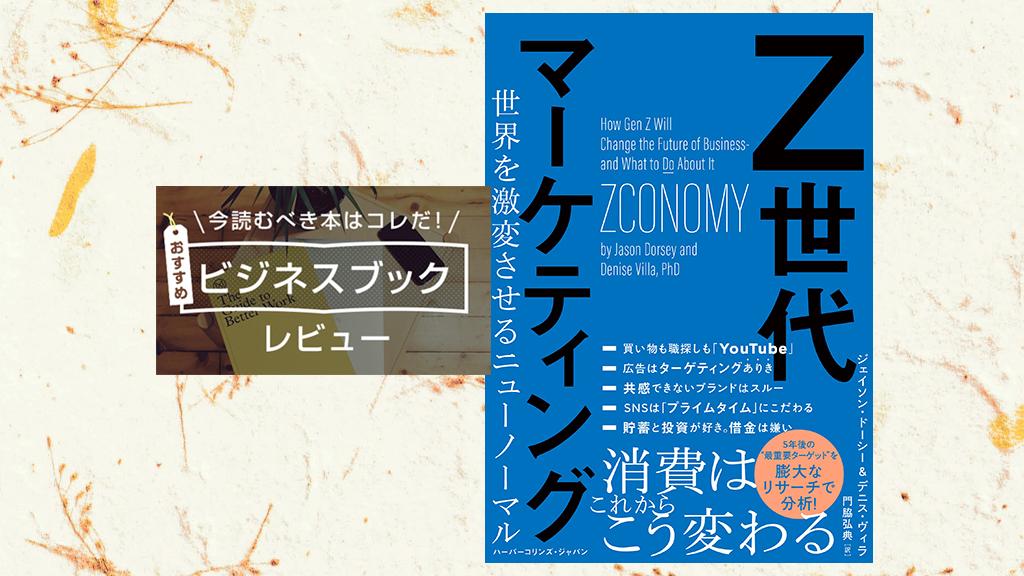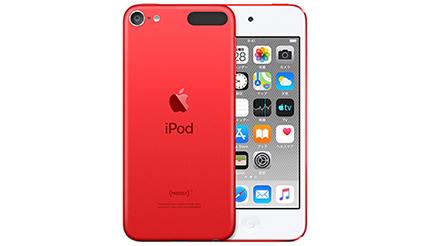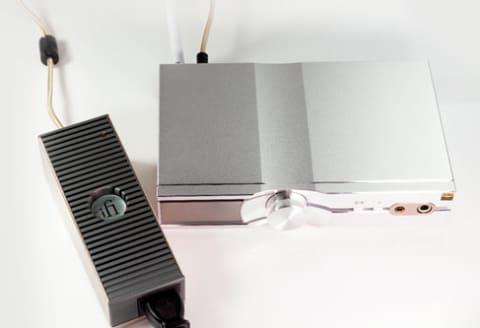Whether you like it or not, the MacBook Pro's Touch Bar is unique.
Apple is rumored to discontinue the Touch Bar later this year, but MacBook Pros with this weird feature are still on the market in large numbers and will be active for years to come.
So it's not a bad idea to know how to use the Touch Bar conveniently.
In this article, we'll show you 14 ways to get the most out of the Touch Bar. Some say "this is amazing", some are fine, some are simple and some are complicated, but I will introduce them in order from the one that is easy to understand (I will tell you earlier, BetterTouchTool is also 12). Comes out second).
table of contents
- Reduce one action when adjusting the volume
- Make the Touch Bar disappear faster
- Select the option displayed on the Control Strip
- Expand Control Strip to always see
- Display function keys on Touch Bar with Fn
- Customize the Touch Bar for each app
- Show active apps in Touch Bar
- Use function keys when starting Windows
- Set the Caps Lock key to the Esc key
- "Press the Esc key" with "esc left tap" on the Touch Bar
- Add haptic feedback to the Touch Bar button
- Customize as much as you want with BetterTouchTool
- Play games with the Touch Bar
- Hide or disable the Touch Bar
1. Reduce one action when adjusting the volume
This is one of my favorite Touch Bar hacks because it's so simple.
Instead of tapping and dragging the slider that appears by tapping the volume button or brightness button on the Touch Bar, press the button and slide your finger as it is.
The slider appears as if you were pressing and holding it on your iPhone, so you can immediately move your finger along the slider even if your fingertips aren't touching the slider's touch points.
This is a handy shortcut that can save you a little time when you want to change the brightness or volume of your MacBook Pro. In addition, taps and slides will feel smoother.
2. Make the Touch Bar disappear faster
The Touch Bar automatically darkens and disappears after a period of inactivity. However, if you feel that it takes too long to disappear, there are ways to make it disappear sooner.
Go to "System Preferences", go to "Keyboard" → "Keyboard Backlight" and select "5 Seconds". After 5 seconds, the keyboard backlight will be dimmed and the Touch Bar will also be dimmed. After 15 seconds everything turns off.
3. Select the option displayed on the Control Strip
Brightness, volume, mute, and Siri are displayed by default in the Control Strip of the Touch Bar. It may be Apple's consideration that most people will use it, but this can be easily changed if you want.
Go to System Preferences> Keyboard and select Customize Control Strip. Then the Control Strip options start to shake and some new options appear on the screen.
Check out the different options, and when you find one you like, drag it down to replace the existing Control Strip options.
You can do the same with the expanded Control Strip. Tap the arrow in this edit mode.
Another way:
Some people may not need the Control Strip to be fully loaded or expanded. In that case, drag the cursor to the Control Strip "below" the display to turn on the option.
Then drag the cursor back over the window and the option disappears from the Touch Bar. Alternatively, drag these options with your finger to the left of the Touch Bar to display the Trash and remove it.
4. Expand the Control Strip to always see it
Recommended for those who are constantly tapping the arrow on the Control Strip to see the expanded options.
Go to System Preferences> Keyboard, tap the drop-down menu next to Items to display in the Touch Bar, and select Control Strip. Now you'll see all the Control Strip options expanded in the Touch Bar whenever you're using your Mac.
However, selecting this option hides the app-specific Touch Bar controls. If you want to use those options in your favorite apps, you shouldn't use this feature.
5. Display function keys on Touch Bar with Fn
It looks like the function keys are gone because the Touch Bar has lost the top physical key.
If you're a frequent user of function keys and don't know how to easily display them on your MacBook Pro, here's how to do it.
Go to System Preferences> Keyboard again, click the drop-down menu next to "Press Fn" and select "F1, F2, etc. Keys".
Now, when you press the Fn key, the function keys from F1 to F12 will be displayed.
If you really use function keys frequently, you can change the setting next to "Items to display in Touch Bar" to "Show keys such as F1, F2", but if you do so, it will be specific to Control Strip and apps. I lose control of my Touch Bar.
6. Customize the Touch Bar for each app
Not all apps use the Touch Bar in the same way. That is the biggest feature of Touch Bar.

However, it is not surprisingly known that the app-specific options that appear when you launch a new program are customizable.
In most cases, you can find and change app-specific settings by clicking View in the menu bar and selecting Customize Touch Bar.
Some apps don't have this option, but in some cases it works the same as the Touch Bar main control customization described above.
7. Show active apps in Touch Bar
Placing the macOS dock in the Touch Bar looks like a very logical step, but it's surprising that Apple itself didn't do it.
Fortunately, apps like "Pock" do just that. Pock displays active apps in the Touch Bar so you can switch quickly with a tap.
But it's not just about apps. Pock has additional options such as status widgets that display information such as Wifi, battery and date, Now Playing widgets and weather widgets.
With an app like Pock, you might think that the Touch Bar is really useful.
8. Use function keys when starting Windows
If you use Windows on your MacBook Pro, you may be curious about how to use the Touch Bar function keys.
If you're using Parallels (or any other virtual machine app), go to System Preferences> Keyboard> Shortcuts, select Function Keys, and click (+) to add it to your list. You can add Parallels.
Now when you use the Parallels app, you'll see the function keys in the Touch Bar.
If you're using Bootcamp, open Apple's Boot Camp control panel. Select "Keyboard" here and check "Use all F1, F2, etc. keys as standard function keys".
9. Change the Caps Lock key to the Esc key
This hack is not recommended for anyone using a MacBook Pro with a Touch Bar that has a physical Esc key.
This hack is for those who bought a laptop with the most important key, the Esc key, touch-based. For those who are frustrated without physical buttons, there is a solution.
In many apps, the older Mac shortcut "⌘-." Works as an Esc. For apps that do not support this feature (such as Chrome), "Ctrl-[" may also work.
If you want to do all the work with one key, we recommend reassigning the Caps Lock key to Esc.
To do this, go to "System Preferences" → "Keyboard" and click "Modifier Keys". Then click the drop-down menu next to "Capital Lock Key" and select "Esc".
You could make another key in the drop-down menu the Esc key, but Caps Lock is likely to be the least used key.
10. "Press the Esc key" with "esc left tap" on the Touch Bar
Keep in mind that if you use the Esc key built into the Touch Bar, you don't actually have to tap the small "esc" button.
When you tap the left side of the button, the Touch Bar registers it as "pressed the Esc key", giving you more freedom to type characters without looking at the Touch Bar.
11. Add haptic feedback to the Touch Bar button
Tactile feedback is a great way to make touch-based input feel like a real button.
The buttons on the Touch Bar aren't designed to give the user a tactile sensation, but they do have a tactile sensation in the immediate vicinity of the trackpad.
With an app like Haptic Touch Bar, you can force the tactile sensation out of your trackpad every time you touch a button on the Touch Bar.
You can't beat connecting the tactile sensation directly to the Touch Bar, but it's definitely a great effect. The app is free to download, but will cost $ 4.99 after a two-week free trial.
12. Customize as much as you want with BetterTouchTool
If you're willing to spend some effort and money customizing your Touch Bar, there's nothing better than the Better Touch Tool.
The app offers almost unlimited options for customizing your MacBook Pro and is popular with people who want to customize their Touch Bar.
With BetterTouchTool, you can create a custom button for your Touch Bar and run it across macOS or only within a specific application.
You can also create and display widgets such as battery information and computer clocks, add haptic feedback to Touch Bar inputs, and have a "Pair with AirPods" option. I have.
This app can be tricky to use at first, but the community has posted their own presets so you can download and try them out.
You can create a great Touch Bar without having to design the features yourself. Many of the tricks on this list are good enough to be reproduced using this app.
The two-year license is $ 8.50 and the perpetual license is $ 20.50, but with a 45-day free trial, you should have plenty of time to determine if this app is right for you.
Customize your MacBook's Touch Bar with BetterTouchTool
13. Play games using the Touch Bar
Yes, you can play games on the Touch Bar. From Pac-Man to Pong, you can use the Touch Bar to kill time.
Of course, the Touch Bar is not an ideal gaming environment. But it's fun to see the creativity of game developers (see past articles on games and fun apps you can play with the Touch Bar).
14. Hide or disable the Touch Bar
The Touch Bar isn't for everyone.
If the rumor that "the Touch Bar will disappear from the next MacBook Pro line" is true, Apple clearly understands it.
If you don't want to see the Touch Bar anymore, or if you don't want to accidentally press a touch button while typing, there are several options you can try.
To completely hide the Touch Bar, there is a great utility called "Hide My Bar". It's not free, but you can set shortcuts to quickly show / hide controls in the Touch Bar and customize them.
You can also block Touch Bar input using a tool called "Bar None".
This will prevent users (or anyone near your computer, such as a button-loving toddler) from spoiling your work with unintended input to the Touch Bar.
Source: Pock, Haptic Touch Bar, BetterTouchTool, BetterTouchTool Community, Hide My Bar, Bar None




